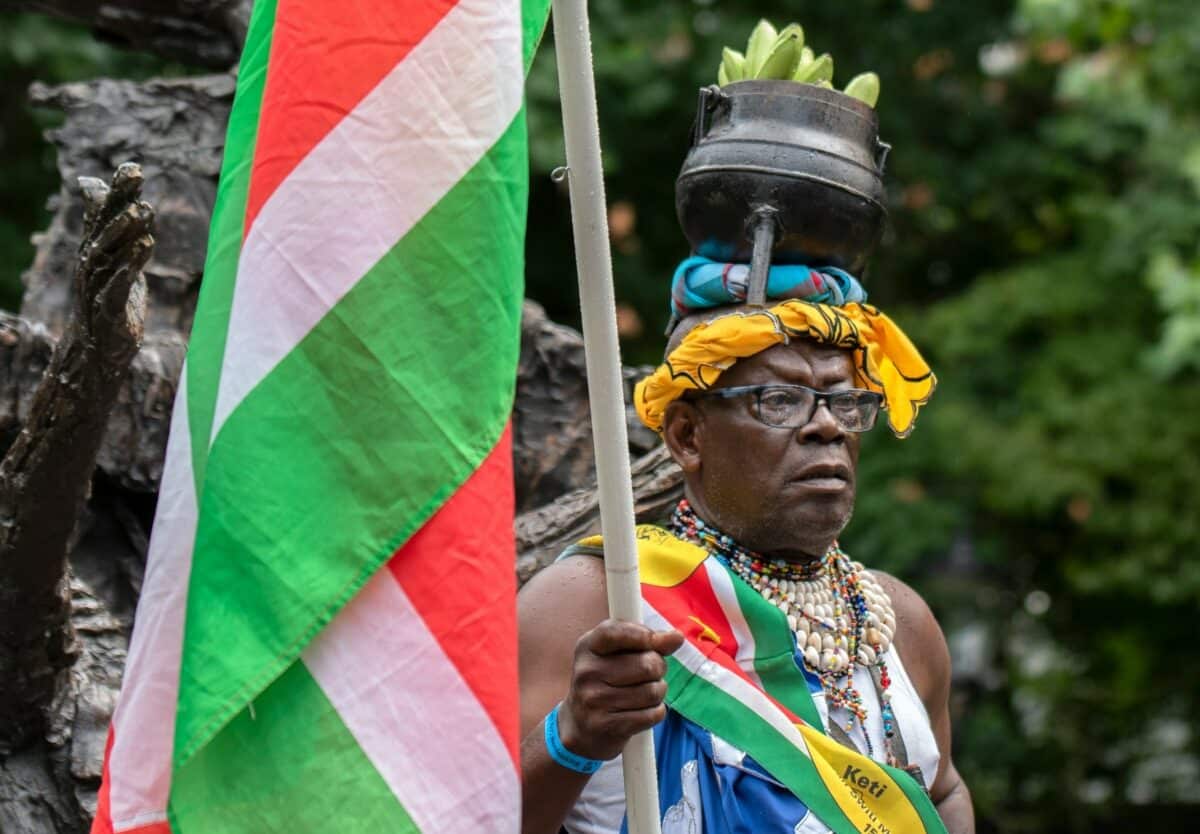Ketikoti, or Suriname Emancipation Day, is observed on July 1 every year to commemorate the country’s freedom from slavery in the Kingdom of the Netherlands and its colonies. What does ‘Ketikoti’ mean? And why do many Dutch people not know about the holiday? The answer is selective history. Unknown to many, the Netherlands was one of the last European countries to abolish slavery and the rampant trans-Atlantic slave trade. Ketikoti is one of the biggest holidays for the people of Suriname and the Antilles. It is not only a celebration of breaking chains but a platform for forgotten stories to come to life.
Bank Employee Day (Guatemala)

Bank Employee Day in Guatemala is observed on July 1 every year; however, due to weekends or the public holiday June 30, Army Day, the exact date can vary. This year, it takes place on July 1. This holiday might seem unusual, but like most things in Guatemala, there’s always an intriguing back story. Financial institutions in Latin America have a fraught history. Guatemala’s monetary systems deserve special mention for their resilience. Banks and their employees in Guatemala have survived dictators, military rule, volatile revolutions, and regional infighting. Political and social systems in the region were never conducive to stable financial growth. And yet, here we are.
Saint Peter and Saint Paul Day (Chile)

Saint Peter and Saint Paul Day in Chile, or La Fiesta de San Pedro y San Pablo, is on June 29. This is a day when Chile commemorates the martyrdom of two beloved saints. These saints are so revered that they are the patron saints of present-day Vatican City. The Church as we know it would not exist without its rock, St. Peter. The Bible might have turned out differently without St. Paul’s teachings shaping the book. Why do these towering Christian figures share a feast day? It began with the reign of the infamous Roman emperor Nero, hell-bent on furthering a political agenda.
